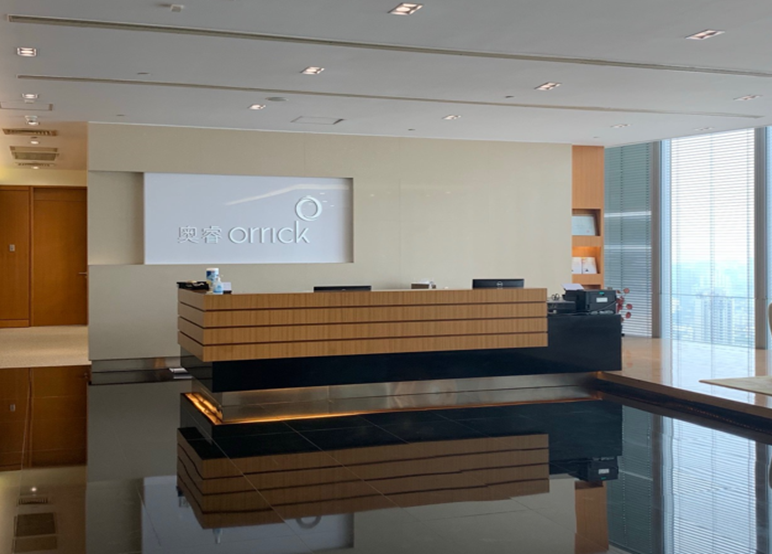Charity Fund Arcadia (Arcadia) subsidize Communia The association conducted an international study of the right to research in copyright.
Research points out that, Knowledge acquisition is the key to research right. Resources used in scientific research are usually protected by copyright and related rights, The right holder may prohibit its use for research purposes. In science projects, Researchers rely on copyright exceptions and restricted access, Use and reuse protected data sources. Therefore, A fair and modern copyright framework is essential to create an enabling environment for scientific research.
In some countries, Researchers benefit from a wide range of flexible copyright exceptions and restrictions, Allow them to use protected materials in their projects, And in other countries, They face overly restrictive laws, Forcing them to either avoid such materials, Or work in a legal gray area.
In the European Union, A recent reform attempts to address some of the barriers copyright law poses to scientific research. now, All EU member states allow text and data mining, This is a modern technology, The researchers used computational methods to analyze large amounts of text, Images and other data sources. Although the EU-wide copyright exception for text and data mining represents a significant improvement in the legal framework for research in the region, But it doesn't meet all the pressing needs of researchers and their audiences. The mandatory exception covers only replication rights. It does not include the right to communicate to the public, This allows researchers to access research resources remotely and share research results and basic resources for verification, Identifying and disseminating results is critical. From the perspective of transparency, The problem still exists. This discourages researchers from complying with open-access requirements for scientific research, And stymied joint and cross-border initiatives.
Communia The study aims to show some of the problems EU researchers face as a result of these restrictions. It brings together people from Sweden, Poland, Preliminary views from researchers in Italy and Slovenia, These points are made through 2023 years 1 Tsukiwa 2 From a series of interviews conducted in January, It's part of the International Copyright Law Research Rights Project. The aim of the initiative is to better understand the needs and challenges of European researchers, In particular, researchers who are interested in joint research activities and cross-border research collaboration. The interviews discussed acquisition in unilateral and multilateral programs, The use and reuse of knowledge, And respondents' views on how current copyright related restrictions affect their work.
So far, Communia Have been carried out 20 First interview, And plans to collect more data in the near future, Including the views of more female researchers. The final overview will be in 2023 Annual public sharing. The views presented do not constitute a representative research sample. In spite of this, They are still powerful evidence, Support the need for global copyright reform in research, To address the fundamental problems outlined by the researchers.
suggestion
Protect the right to research at the national level
According to Communia Survey of, National policymakers should revise their copyright laws, Permitted research use, Allows researchers to conduct research on a variety of copyrighted materials. They should be able to copy and share protected material, To promote collaborative research and improve research transparency. And just as important, To ensure that the use of research is not affected by contract and technology.
Protect the right to research at EU level
Allowing text and data mining is already mandatory in the European Union. The EU now needs to address other types of research uses as well as joint research programmes, Including cross-border research. This calls for mandatory research exceptions for copyright and other exclusive rights across the EU, Among other purposes, Materials that allow shared protection.
Protect the right to research at the international level
Policy makers should develop non-binding instruments on the use of research, To support countries in reforming copyright laws, Create an enabling environment for scientific research. To ensure that all countries allow research and promote research collaboration across borders, Policymakers should also reach an international agreement on a set of minimum research standards. (Compiled from infojustice. org)
translation: Rason group proofread: Liu Peng
disclaimer: This network reprint or compile the original article from the Internet, Does not represent the views of this website or confirm the authenticity of its content. If the source is mislabeled or the copyright of the article is involved, Please contact this website, This network will be corrected in due course, delete, thank you.

Safeguard the rights of economic and trade hotspots






